Data Emission

How accurate is climate data analysis in predicting climate change ?
Climate data analysis is crucial for predicting climate change, but accuracy depends on factors like data quality, models used, and assumptions about future emissions. Data collection from satellites, weather stations, and ocean buoys can be affected by equipment malfunction, human error, and natural variability. Scientists use complex computer models to analyze this data, which must accurately represent interactions between different components of the climate system. Predictions also depend on assumptions about future greenhouse gas emissions based on scenarios of population growth, economic changes, energy use, and technological development. Despite these challenges, scientists continue to improve understanding of the climate system and develop more accurate predictions.

What role do governments play in achieving global emission reduction targets ?
Governments play a crucial role in achieving global emission reduction targets by setting and enforcing environmental standards, investing in clean energy infrastructure, promoting energy efficiency, supporting research and development, and collaborating internationally. These actions help reduce greenhouse gas emissions and promote a healthier environment.

How do emission trading schemes work and are they effective ?
Emission trading schemes are market-based mechanisms designed to regulate the release of pollutants, especially greenhouse gases like CO2. These schemes operate on a "cap and trade" principle, whereby a regulatory body sets a limit on emissions, allocates emission allowances, and allows businesses to buy and sell these allowances in a marketplace. Companies must monitor and report their emissions, facing penalties for non-compliance. The effectiveness of such schemes varies but offers advantages like cost-efficiency, flexibility, and innovation incentives. However, challenges include complexity, political will, leakage, and equity concerns. Case studies like the EU ETS and California's Cap-and-Trade Program show mixed results, indicating that while emission trading schemes can be effective, their success depends on careful planning, robust implementation, and continuous evaluation.

What are the challenges faced by developing countries in emission reduction ?
Developing countries face numerous challenges in reducing their greenhouse gas emissions, including lack of financial resources, technological constraints, socio-economic factors, policy and regulatory challenges, cultural and educational barriers, and natural resource availability. These challenges highlight the complex nature of emission reduction efforts in developing countries and underscore the need for international cooperation, financial assistance, and technology transfer to support their transition to a low-carbon future.

Are current emission reduction efforts enough to combat climate change ?
The article discusses whether current efforts to reduce emissions are sufficient to combat climate change. It outlines various initiatives, including national pledges, renewable energy expansion, energy efficiency measures, carbon pricing mechanisms, and forest conservation. However, it argues that these efforts fall short of the required targets, pointing out gaps between commitments and reality, insufficient policy support, and challenges in changing behaviors and cultural norms. The article suggests increasing the ambition of national commitments, enhancing energy transition policies, investing in innovation and research, promoting international cooperation, and encouraging sustainable lifestyles as ways to improve emission reduction efforts.

What are some effective strategies for promoting energy conservation and emission reduction ?
Energy conservation and emission reduction are crucial for sustainable development and addressing climate change. Effective strategies include education and awareness, government policies and regulations, financial incentives and subsidies, technological innovation, infrastructure and urban planning, and individual actions. By implementing these strategies, we can work towards a future where energy is used efficiently, emissions are reduced, and our planet is protected for generations to come.

What is the impact of renewable energy on emission reduction goals ?
The shift to renewable energy sources such as solar, wind, hydro, and geothermal power is vital for reducing greenhouse gas emissions and achieving global emission reduction goals. This transition brings multiple benefits including decreased reliance on fossil fuels, improved air quality, enhanced energy security, economic stimulation through job creation and long-term cost savings, technological innovation leading to reduced costs, and significant contributions to mitigating climate change. As technology advances and economies of scale are achieved, renewable energy's role in facilitating further progress toward emission reduction objectives will become increasingly important.

What are the main objectives of energy conservation and emission reduction policies ?
Energy conservation and emission reduction policies aim to achieve several key objectives that are crucial for the sustainable development of our planet. These objectives can be broadly categorized into environmental, economic, and social dimensions. The main goals include reducing greenhouse gas emissions, protecting ecosystems and biodiversity, improving air quality, enhancing energy efficiency, stimulating innovation and job creation, reducing dependence on fossil fuels, promoting equitable access to energy, and raising awareness and education. By addressing these objectives, these policies play a crucial role in steering our societies towards a more sustainable future.

Can energy conservation and emission reduction policies help combat climate change ?
Energy conservation and emission reduction policies are essential for combating climate change. These policies aim to reduce energy consumption, promote renewable energy sources, and decrease greenhouse gas emissions. Improving energy efficiency and encouraging energy conservation can significantly reduce energy consumption. Increasing investment in renewable energy technologies and supporting research and development of clean energy technologies can help reduce reliance on fossil fuels and decrease greenhouse gas emissions. Implementing carbon pricing mechanisms and regulating industrial emissions are also important strategies for reducing greenhouse gas emissions. Overall, these policies play a vital role in mitigating the effects of climate change and working towards a more sustainable future.

How does deforestation affect global emission levels and what can be done about it ?
Deforestation significantly contributes to global emission levels, primarily through the release of carbon dioxide (CO2) and other greenhouse gases. When trees are cut down or burned, the carbon they have absorbed from the atmosphere during their lifetime is released back into the air. This process exacerbates climate change by increasing the concentration of atmospheric CO2 and other greenhouse gases, which trap heat in the Earth's atmosphere. To mitigate the effects of deforestation on global emissions, various strategies can be implemented, including reforestation, sustainable forest management, reducing demand for forest products, promoting eco-friendly alternatives, strengthening laws and policies, and raising public awareness about the importance of forests in mitigating climate change. By taking these steps, it is possible to reduce the contribution of deforestation to global emissions and work towards a healthier planet.

How can climate data analysis inform sustainable development goals and practices ?
**Summary:** Climate data analysis is crucial for understanding environmental systems and shaping sustainable development goals (SDGs) and practices. It helps identify trends, inform policy decisions, assess environmental impacts, and guide sustainable agriculture, urban planning, and disaster risk reduction. By integrating climate data into development frameworks, we can ensure that current actions do not compromise future generations' ability to meet their needs and aspirations.

What is data privacy ?
Data privacy is the protection of personal information from unauthorized use. It's important for individual rights, building trust, legal compliance, and risk mitigation. Principles include data minimization, anonymization, encryption, transparency, consent, access control, retention, integrity, and accountability. Best practices involve regular audits, employee training, updating policies, secure systems, and response plans for data breaches.

What is a carbon footprint calculator and how does it work ?
A carbon footprint calculator is a tool that helps individuals, businesses, and organizations estimate their greenhouse gas emissions. It calculates the amount of CO2 and other greenhouse gases released into the atmosphere due to various activities such as driving, flying, using electricity, and consuming goods and services. The calculator collects data on these activities, applies emission factors based on scientific studies, adds up the emissions, and presents results along with recommendations for reducing the carbon footprint. Examples of carbon footprint calculators include individual, business, and product calculators. Using these tools can help individuals and organizations understand their environmental impact and take action to reduce it.

How does data encryption affect computer performance ?
Data encryption is crucial for securing data but can affect computer performance by increasing processor load, memory usage, disk I/O, network latency, and reducing battery life.
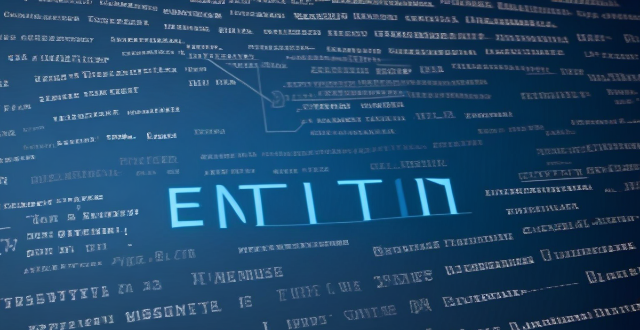
Why is data encryption important for online security ?
Data encryption is crucial for online security, protecting dataData encryption is crucial for online security, protecting data the financial impact of breaches It has evolved from ancient uses to a critical tool in today's digital landscape, with AI optimizing key management and enhancing algorithms.
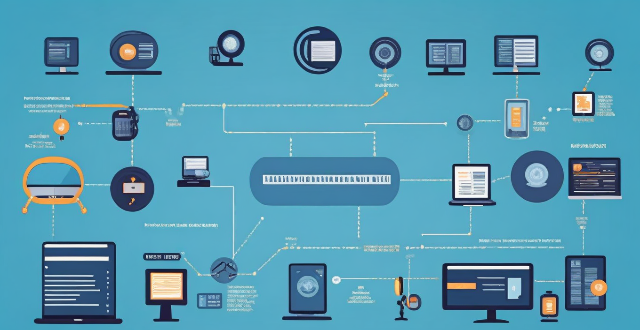
What are the benefits of having an unlimited data plan ?
An unlimited data plan offers benefits such as no data caps or overage charges, the ability to stream videos and music without worrying about data usage, using multiple devices simultaneously, working from anywhere, enjoying online gaming and social media, and better value for money.

How do data protection regulations handle sensitive personal data ?
Handling sensitive personal data under data protection regulations requires strict adherence to principles such as consent, minimization, purpose limitation, and security. Regulations like the GDPR in the EU, CCPA in the US, and PIPEDA in Canada impose specific conditions for processing sensitive information. Organizations must adopt best practices including assessment, privacy impact assessments, employee training, access controls, and monitoring to ensure compliance and protect individuals' privacy rights.

Can we achieve a zero-emission economy by 2050 ?
The question of whether we can achieve a zero-emission economy by 2050 is a complex one that involves multiple factors. Key points to consider include the current state of emissions, challenges to achieving zero emissions, and potential pathways to achieving this goal. Currently, global emissions are still rising, with the transportation sector being a major contributor. While there have been significant advancements in renewable energy technologies, their adoption rates vary widely across different regions. Challenges to achieving zero emissions include building the necessary infrastructure for a zero-emission economy, political will, and public acceptance. Governments must be willing to implement policies that support the transition to a zero-emission economy, and the public must be willing to adopt new technologies and change their behavior to reduce emissions. Potential pathways to achieving zero emissions include increased investment in renewable energy, electrification of transportation, carbon capture and storage (CCS) technology, changes in consumer behavior, and international cooperation. Achieving a zero-emission economy by 2050 is an ambitious goal, but it is not impossible. It requires concerted efforts from governments, businesses, and individuals worldwide. By investing in renewable energy, electrifying transportation, implementing CCS technology, changing consumer behavior, and cooperating internationally, we can make significant progress toward this goal. However, it is essential to recognize that achieving a zero-emission economy is not just about technology; it also requires political will and public acceptance.
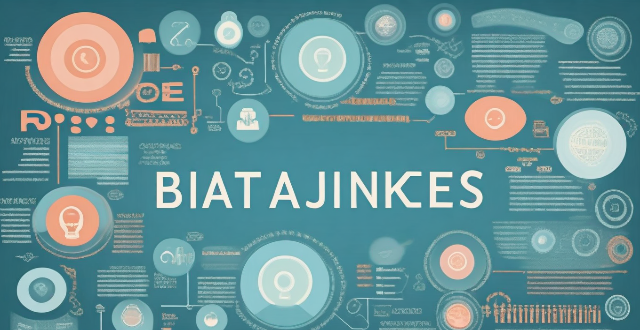
What is the difference between data privacy and data protection ?
The text discusses the difference between data privacy and data protection, emphasizing that understanding these concepts is crucial for managing personal information responsibly. Data privacy focuses on individual rights to control personal information, while data protection emphasizes organizational measures to safeguard that information. Both are essential for building trust and ensuring responsible data handling.

What role do data protection officers play under data protection laws ?
Data protection officers (DPOs) are crucial for ensuring compliance with data protection laws in organizations. They advise on compliance, develop policies, ensure adherence to regulations, educate stakeholders, and act as a point of contact for personal data requests.
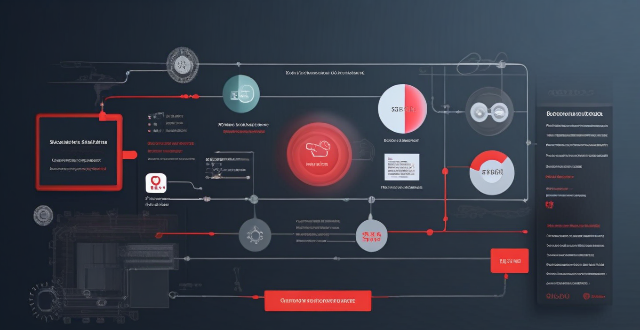
Can data encryption prevent data breaches and cyber attacks ?
Data encryption is a crucial security measure that can significantly reduce the risk of data breaches and cyber attacks by converting plain text into an unreadable format. However, it does not completely eliminate the risk of data breaches and cyber attacks. Encryption works through complex algorithms to scramble data so that it appears as random characters, requiring a secret key (or password) to decrypt the data back into its original form. There are two main types of encryption: symmetric and asymmetric. While encryption offers benefits such as confidentiality, integrity, authentication, and non-repudiation, it also has limitations including key management challenges, performance overhead, compatibility issues, human error, and advanced persistent threats (APTs). Therefore, organizations should implement other security measures such as firewalls, intrusion detection systems, regular security audits, and employee training programs to minimize the risk of cyber threats.
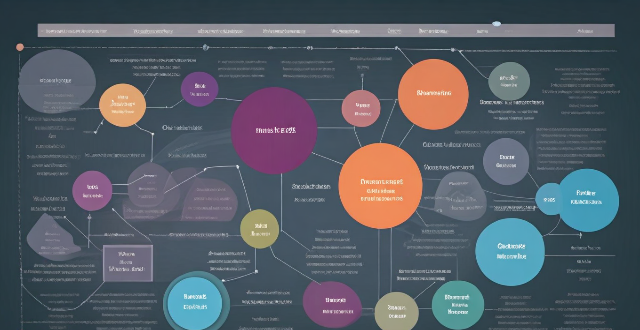
How do unlimited data plans differ from traditional data plans ?
Data plans are essential for internet usage, with unlimited and traditional data plans being the main types. Unlimited plans offer no data limits, predictable costs, and suit heavy users, while traditional plans have data limits, variable costs, and suit light users. The key differences include data limits, cost, and usage scenarios. Choosing the right plan depends on individual needs and usage patterns.

What is data encryption and how does it work ?
Data encryption is a crucial cybersecurity measure that transforms plaintext into ciphertext, protecting it from unauthorized access. It involves the use of complex algorithms and secret decryption keys. Encryption is significant for securing data at rest, in transit, and during processing, helping meet compliance requirements and reducing financial risks associated with data breaches. Its evolution includes historical precursors and wartime innovations, with AI expected to enhance its capabilities in the future.

What happens to my data during an iPhone repair ?
When you send your iPhone for repair, the repair center will take several steps to protect your data, including diagnostics, backup, data protection, testing, verification, and return of your device.

How does a carbon credit system work ?
A carbon credit system is a market-based approach that incentivizes companies, organizations, and individuals to reduce their greenhouse gas emissions. It works by setting emission reduction targets, generating carbon credits for verified emission reductions, allowing the trading of these credits, and using them for regulatory compliance or offsetting emissions. This system fosters economic efficiency, flexibility, and innovation while encouraging global cooperation on climate action. However, challenges such as ensuring permanence of reductions and maintaining system integrity must be addressed to ensure its effectiveness.

How do energy conservation and emission reduction policies impact the economy ?
Energy conservation and emission reduction policies have both positive and negative impacts on the economy. Positively, they create new jobs, promote innovation, improve public health, and enhance energy security. Negatively, they can increase operating costs for businesses, lead to job losses, slow down economic growth, and entail significant adjustment costs. It is crucial for policymakers to carefully consider these factors when designing and implementing sustainability initiatives.
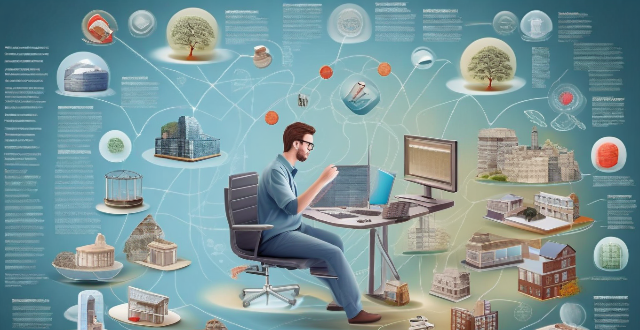
What are the rules regarding data breaches under data protection regulations ?
Data protection regulations have been established to ensure the confidentiality, integrity, and availability of personal data. These regulations set out specific rules regarding data breaches that must be followed by organizations that handle personal data. The key rules regarding data breaches under data protection regulations include notification of data breaches, mitigating their impact, record-keeping and reporting, penalties for non-compliance, and best practices for preventing data breaches. By adhering to these rules and implementing best practices, organizations can reduce the risk of data breaches and protect individuals' personal data.

How do we analyze the data collected from environmental monitoring ?
Analyzing data from environmental monitoring involves several steps, including data cleaning, descriptive analysis, inferential statistics, time series and spatial analyses, multivariate techniques, and reporting findings. These steps help understand the current state of the environment and identify potential issues.
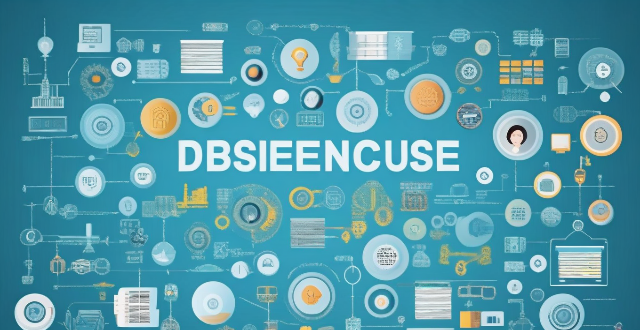
What are the consequences of a data breach ?
This text discusses the consequences of a data breach, including financial losses, loss of trust, reputation damage, and regulatory fines. It also highlights the long-term impact on business, legal implications, and personal impact such as identity theft and emotional distress. The text suggests mitigating measures such as implementing strong security measures, training employees, having a response plan, regularly updating systems, limiting access to sensitive data, backing up data, and insuring against data breaches.

Why is data privacy important ?
Data privacy is crucial in the digital age, protecting individuals and benefiting organizations. It ensures control over personal information, prevents misuse, and builds trust. Organizations mitigate risks, gain customer loyalty, and comply with laws by prioritizing data privacy. Key principles include transparency, individual control, data minimization, and security measures. Data privacy will continue to shape the relationship between individuals and technology, balancing innovation and privacy rights.